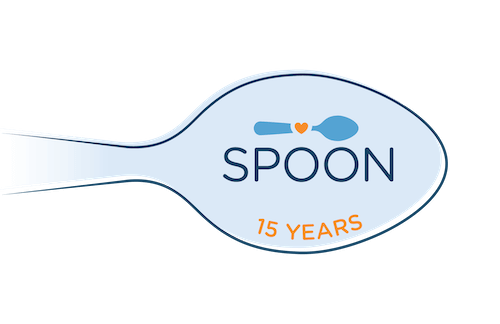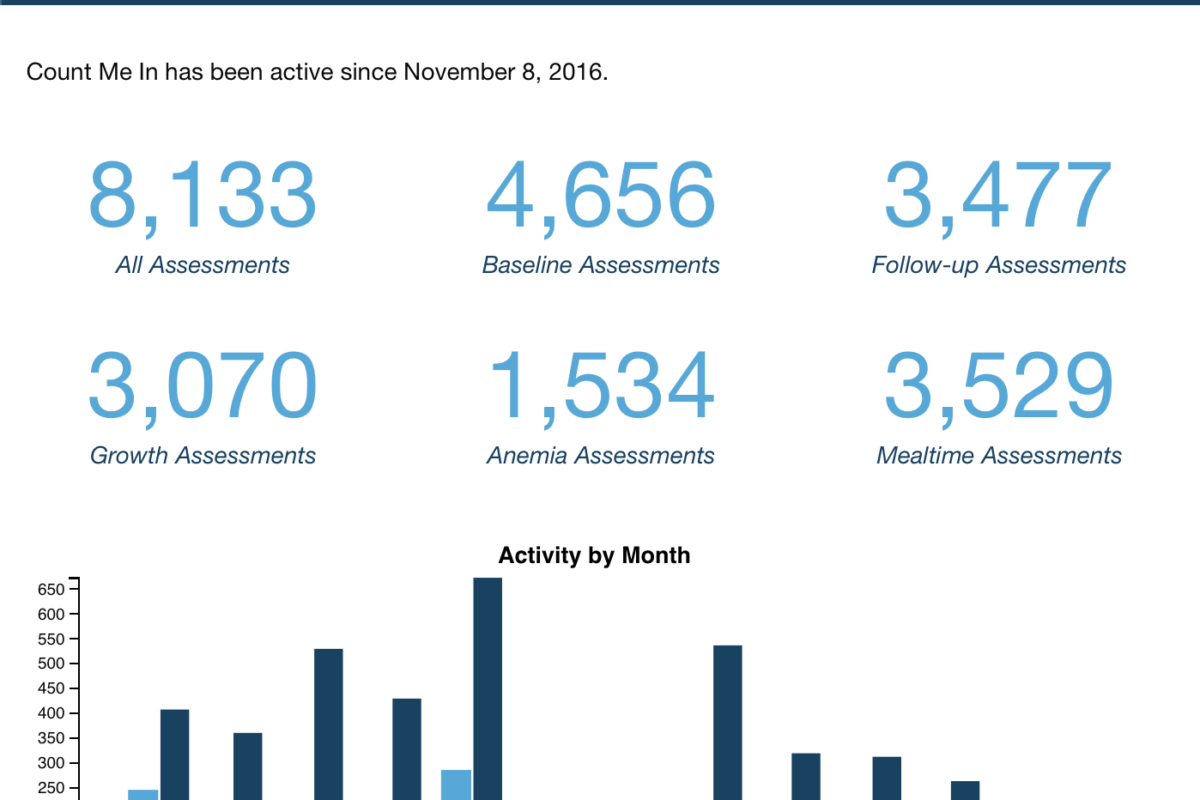More than 250 million children worldwide have disabilities or are living without family care. These groups of children are at very high risk of malnutrition and its life-long consequences. These children’s needs must be prioritized in policies, programs, and investments. SPOON works with local partners to gather and share data on the nutrition status of children with disabilities and children without family care and to advocate for systems change to support them to thrive.
Why is it so important to have good data?
Many of the services that children need are governed by policies, budgets, and national strategies. Policy makers often seek to target resources, especially when resources are limited, to the areas of highest need. They use data to guide these decisions, for example what to prioritize in nutrition strategies, what training to recommend for health staff, and how to measure progress. Practical, up-to-date information can help decision makers understand the scope of a problem, how to solve it, and which resources will be needed. Without these data, the needs of children with disabilities and children without family care are not seen by policy makers.
A lack of data can also feed misconceptions. For example, many people may assume that children are malnourished because of an inherent aspect of their disability. In reality, data show that children with disabilities are more likely to be malnourished because they lack access to the nutrition monitoring and support that all children need.
Why isn’t there better data already?
Most nutrition data come from population surveys that seek to understand the average rate of child malnutrition in a given country. Commonly, these surveys either do not include these high-risk groups of children or do not collect data on disability or family care status. This means that estimated national averages cannot be broken down to show the needs of these groups. They may show that malnutrition is improving over time on average, but disguise the fact that many children are left behind.
There is also a lack of research on the specific nutrition and feeding needs of children with disabilities or children without family care. While some existing global estimates point to a serious need in these populations of children, that information is not specific enough to develop solutions for a given setting.
What does SPOON do to change this?
SPOON and our partners use our digital health app, Count Me In, to monitor children’s nutrition and feeding. In doing this, we gather data on children’s height, weight, feeding, and other critical aspects of nutrition. As users monitor children’s growth over time, the data can be anonymized and shared to demonstrate larger trends. This allows us to make specific policy recommendations and see changes over time to understand which solutions are most effective.
We currently have data from more than 1,500 children across seven countries. The data show that children who have disabilities or are living without family care have consistently high rates of malnutrition, with more than 60% having at least one indicator of malnutrition. We also see that with support and training, there is steady progress in children’s growth and anemia status. As this data set grows, we continue to use this information to call for more attention to this urgent and solvable need.
What do these data represent?
Each of these data points is an individual child with unique needs and opportunities. By highlighting the need, we can move towards a world where every child has the support necessary to be nourished and thrive. We are using data to draw attention to the needs and potential of these groups of children, advocate for inclusive policies and programs, and call for more resources to meet this need.


